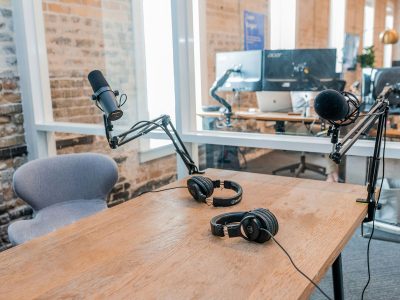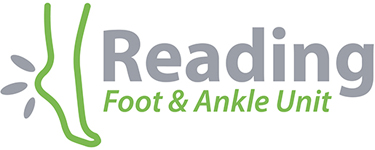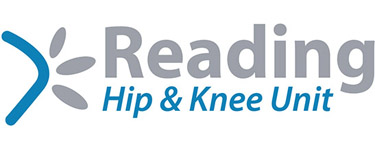Preparing For Surgery
Preparing for an operation on your knee
Preparing yourself mentally and physically before surgery is an important step toward a successful result. Understanding the process will help you recover more quickly and have fewer problems. Before surgery, we will perform a complete pre-assessment check to make sure you do not have any conditions that could interfere with the surgery or the outcomes.
Medical and physical optimisation
- Routine tests, including health questionnaires, blood tests and X-rays (when indicated), are usually performed a week or two before surgery at your pre-assessment clinic.
- Discuss any medications you are taking to see which ones you should stop taking before surgery.
- If you are taking any blood thinning medication, you will need to stop taking them a few days before surgery to minimise bleeding. Discuss this with the pre-assessment team.
- Patients on Hormone Replacement Therapy (HRT) or Combined Oral Contraceptive Pill should discontinue taking them 4 weeks before surgery to reduce the risk of post-operative blood clots. However, minor procedures may not require you to do so. Please check with the pre-assessment team.
- Report any infections as surgery cannot be performed until all infections have cleared.
- If you smoke, you should stop or cut down to reduce surgical risks and improve your recovery.
- If you are overweight, losing weight before surgery will help you recover better. However, you should not diet during the month before your surgery.
- If you have any tooth, gum, bladder or bowel problems, get them treated before surgery to reduce the risk of infection later.
- Consume a well-balanced diet
Home arrangements
- Arrange for someone to help with everyday tasks like cooking, shopping and laundry.
- Set up your home for single floor living if possible, e.g. moving downstairs to have easy access to kitchen, bathroom and entrance.
- Remove rugs and tape down electrical cords to avoid trips and falls.
After surgery
- Have someone available to take you home as you will not be able to drive for at least a few weeks.
- Do not drink or eat anything in the car on the trip back home. The combination of anaesthesia, food, and car motion can quite often cause nausea.
- After arriving home, wait until you are hungry before trying to eat. Begin with a light meal and try to avoid greasy food for the first 24 hours.
- Keep your leg elevated as this will help decrease swelling and pain.
- Take your pain medicine as directed. Begin the pain medicine as you start getting uncomfortable, but before you are in severe pain.
Driving and flying after surgery
- There will be driving restrictions after any intervention. The length of restriction is dependent on the nature of your operation and which side is operated upon. Check with your surgeon. It is advisable to check the terms of your car insurance to ensure your cover is valid, as some policies state that you must not drive for a specific time period after an operation.
- It is generally recommended to wait at least six weeks to fly after any lower limb surgery. It may be possible to fly on short-haul or domestic flights at an earlier time, but you should always check with your GP or surgeon. (Note: Always consult your doctor, your health insurance provider and the airline you are flying with before making your flight reservation)
Outcome registries
- Patient reported outcome measures (PROMs) calculate the health gains after surgical treatment using pre- and post-operative questionnaires. Mr Davies uses validated scores, and data is stored in Registries to monitor long-term PROMs. (Please see separate PROMS guide on this website for more information)
- We would very much hope you are happy to have your data within these registries, but your participation is entirely voluntary. Please do let us know if you have any concerns.








